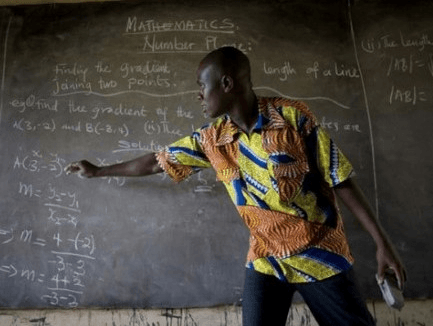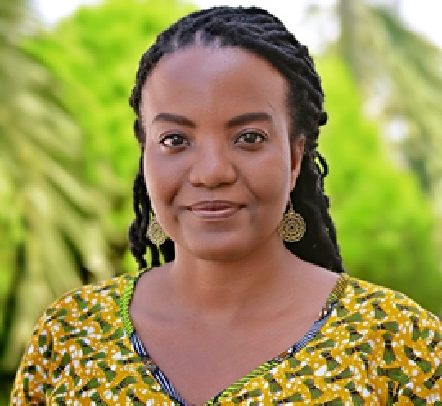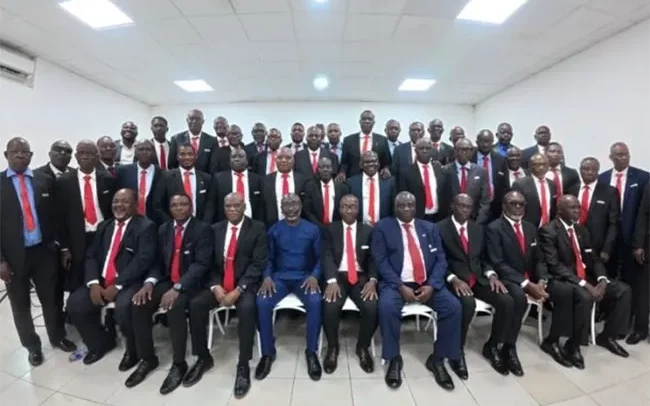
Education sector stakeholders at the Africa Education Watch’s (Eduwatch) “Citizen’s” participatory and inclusive review of the implementation of basic education policy have called for equitable distribution of the limited resources allocated to the education sector.
The stakeholders, including civil society organisations (CSOs), teacher associations, donor agencies and regulators, urged the government to implement policy reforms to address the glaring disparities in the distribution of education resources between endowed and deprived districts, especially those in remote communities outside regional capitals.
They emphasised that urgent interventions are required to equitably address disparities in access to the construction of new junior high schools (JHS) for underserved primary schools, provision of gender-friendly toilet facilities, electricity, desks, ICT facilities and textbooks between rural and urban schools.
Executive Director, Kofi Asare, stressed that without decisive action by the government to correct these imbalances and ensure a more equitable distribution of education resources, the inequality gap between rich and poor and rural and urban in terms of development will continue to widen.
He reiterated that Eduwatch’s latest assessment of progress on basic education targets, as outlined in the Education Sector Medium-Term Development Plan, reveals a troubling trend where endowed districts continue to receive a disproportionate share of resources despite the fact that poorer districts have a far greater need for support.
“The current approach to budgeting lacks the necessary focus on deprived schools and does little to bridge the gap between privileged and underserved communities,” he said.
Instead of simply allocating large sums of money to education without a targeted strategy, Mr. Asare insists that funding must be directed toward specific interventions that address the most pressing deficits in underprivileged districts.
“Inequality in the distribution of education resources is causing unequal outcomes, where we are not attaining targets in the deprived regions. And one way to bridge this gap, which should be the focus for the next medium term, 2026-2029, would be to develop targeted policies and budgets.
“So, our budget shouldn’t simply say we are committing 100 million cedis to build schools. We must go a step beyond that and say that we want to buy textbooks for deprived schools because of these deficits.
And so, we should be purposive and much more targeted so bridge the gap between endowed districts and deprived districts and not just attaining national targets, most of which have already been exceeded,” he said.
For instance, he argues that rather than a general commitment to building schools, the budget should clearly outline targeted measures, such as the procurement of textbooks for deprived schools to help mitigate existing shortages.
The report also highlights significant challenges hindering education in disadvantaged areas, including poor ICT integration, limited access to electricity, inadequate sanitation facilities and an inequitable distribution of school feeding resources.
Despite being designed to support vulnerable children, the school feeding programme disproportionately benefits wealthier districts while leaving many needy communities underserved.
Eduwatch is calling for a comprehensive review of the programme to ensure it is better aligned with poverty indicators, ensuring that the children who need it most are the primary beneficiaries.
Another critical recommendation is the expansion of the Education Management Information System (EMIS) to include all education sector indicators, incorporating not only quantitative data but also qualitative and equity-based assessments.
Additionally, Eduwatch is advocating for the inclusion of gender-responsive water, sanitation and hygiene (WASH) indicators within national education policy frameworks to promote safer and more inclusive learning environments.
The organisation is also pushing for stronger policies to address infrastructure gaps in deprived schools, ensuring access to reliable Internet, electricity, furniture and modern school buildings to enhance learning outcomes.
Eduwatch’s recommendations provide a clear roadmap for policy-makers to create a more equitable education system that guarantees every child, regardless of location or economic background, has access to quality learning opportunities.
The study outcome
The study purposively sampled 14 districts – seven deprived districts and seven endowed across six regions: Ashanti, Bono, Greater Accra, Oti, Northern and Upper East. Indicator progress was measured in the same districts in 2021.
Basic school enrolment: Gross enrolment has varied across both deprived and endowed districts since 2021/2022. The decline is attributed to issues related to infrastructure and teachers.
Primary six -JHS One transition rate: Transition in endowed districts far exceeds the medium-term target while the situation in most deprived regions (Northern and Savannah) falls significantly below the medium-term target and up to twenty percentage points below the national level of attainment.
Textbooks availability: Total textbooks deficit for endowed was 39 percent, and 41 percent for deprived. Endowed districts had more textbooks than deprived per the total quantity of books required for the four subjects on which data was collected.
ICT facilities: There is limited ICT integration due to the absence of a clear policy for ICT provision in basic schools. Out of 1,033 schools in deprived districts, 49 percent teach computing, with only two percent having functioning computer labs.
The post Education stakeholders call for equitable distribution of educational resources appeared first on The Business & Financial Times.
Read Full Story





















Facebook
Twitter
Pinterest
Instagram
Google+
YouTube
LinkedIn
RSS